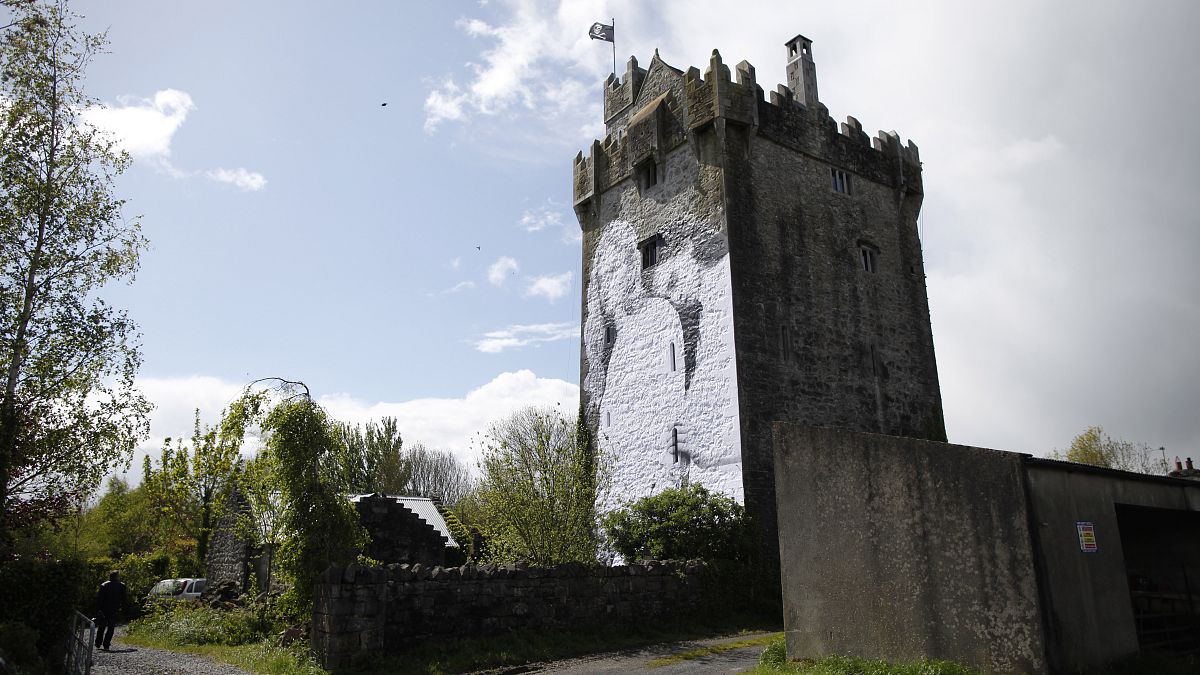Euronews spoke to the Arts and Culture Officer for Limerick City and County Council about its failed bid for European Capital of Culture 2020.
When Galway, Ireland, was named one of two European Capitals of Culture for 2020 it paved the way for a year of events and millions in funding from the Irish government, designed to raise the profile of the small city on Ireland's western coast.
But a number of other Irish cities that lobbied for the accolade - which was awarded back in 2016 - argue that Galway's profile was already well established and that the title would have been more useful to lesser-known destinations in Ireland.
"The feeling was that Galway didn't need the designation," Sheila Deegan, Arts and Culture Officer for Limerick City and County Council, told Euronews.
Galway, a small city in the West of Ireland is renowned for its vibrant cultural scene.
The city hosts an annual arts festival which draws big names like Enda Walsh, Pixies, and Sinéad O'Connor as well as huge crowds. The Festival Garden in the city centre had more than 160,000 people visit last year, twice the city's population.
Limerick felt that it would benefit from the title more than Galway. It was not the city's only competitor, however. Three smaller towns, Kilkenny, Waterford and Wexford campaigned for the title as a group, called the Three Sisters, after the sister rivers that run through their towns.
"The European Capitals of Culture initiative is designed to regenerate cities, raise the international profile of cities; enhance the image of cities in the eyes of their own inhabitants, breathe new life into a city's culture and boost tourism. One could say that Galway has support for all of those things without the designation," said Deegan.
For Limerick, culture has played an important role in building confidence as a city.
Between 2000-2010, crime was high in the city, dominated by infamous feuding gangs. The criminal groups were toppled by police in 2010, according to the Irish Times. But, the legacy of their activities has lived on in perceptions of the city. Some people in Ireland still view Limerick through the lens of these gangland murders.
In 2014, Limerick was Ireland's first National City of Culture, helping to reinvigorate an identity that was not defined by crime.
This title and "the bid for the European Capital of Culture 2020 put a spotlight on Limerick’s ambitious cultural scene and opened it up to many of those who never before engaged in creative activity," explained Deegan.
The investment that arose as a result of this "leveraged a position for the city and county as a vibrant, exciting and progressive place to be," she said.
In spite of the disappointment, there are no hard feelings between Galway and Limerick or the Three Sisters.
"Culture is important to all Irish cities, towns and villages and many places trade on the value of it. Galway, in particular, has been hugely successful in doing this," said Deegan.
Euronews reached out to Galway City Council for comment.
